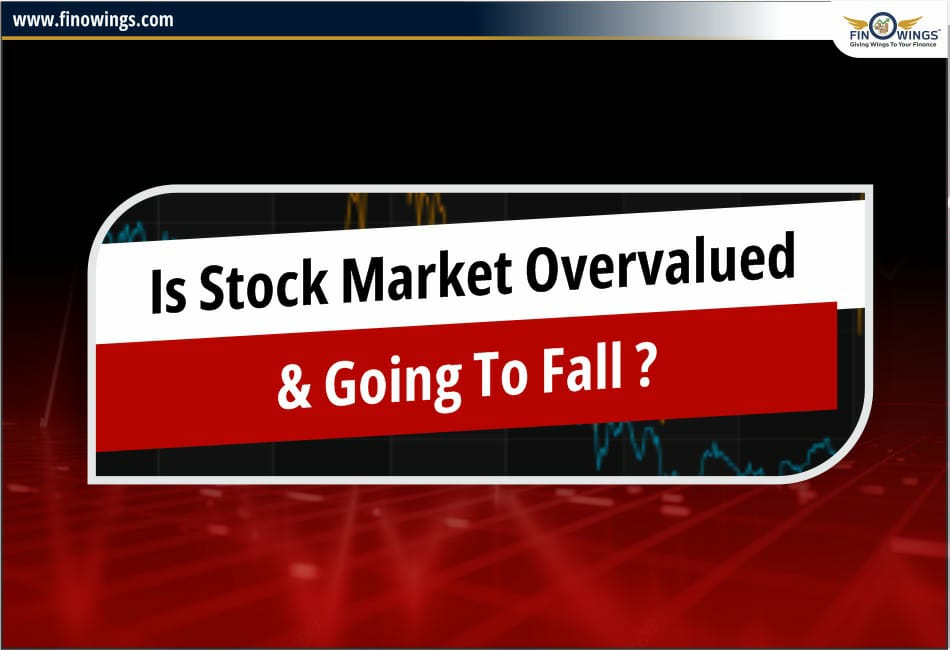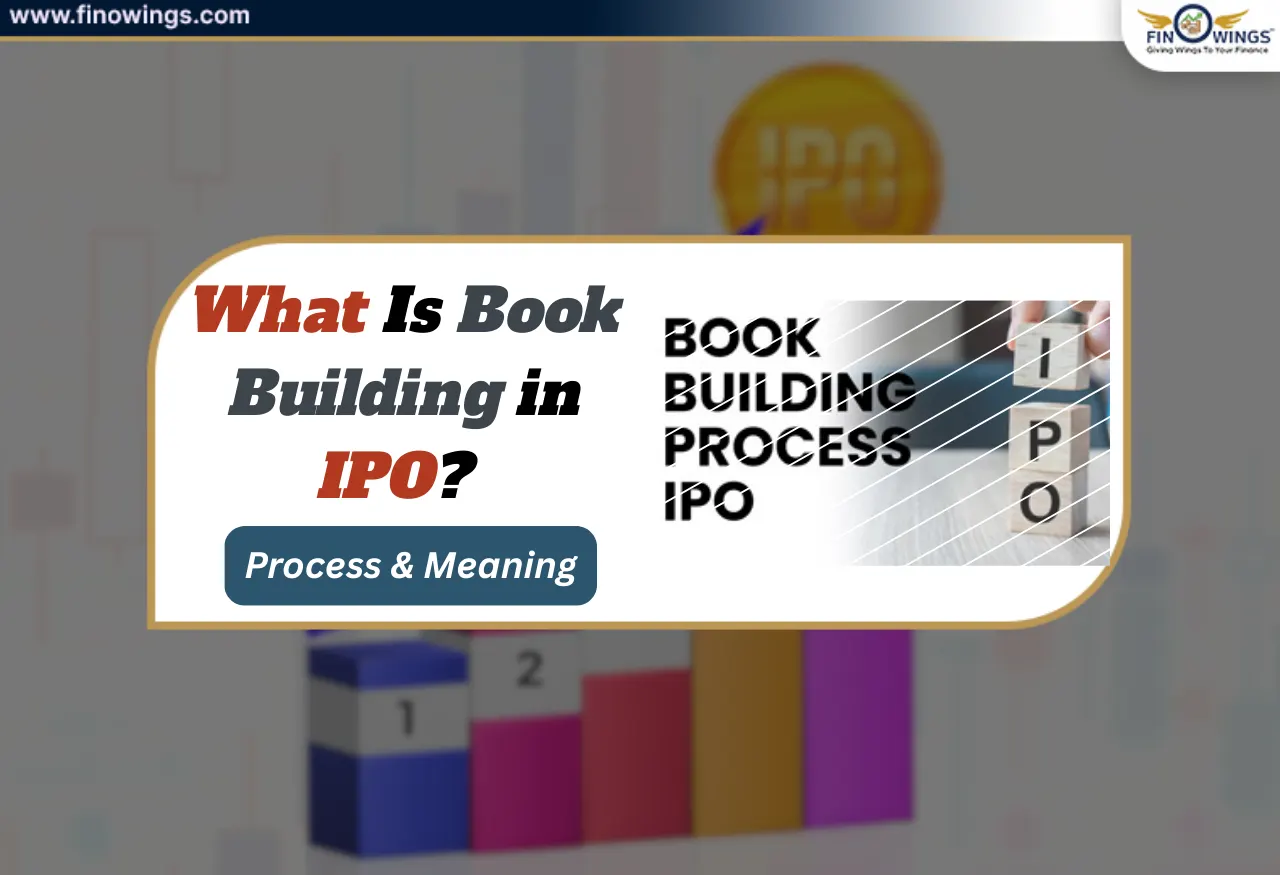Home >> Blog >> Is Stock Market Overvalued & Going to Fall? Jefferies Report
Is Stock Market Overvalued & Going to Fall? Jefferies Report

Table of Contents
Introduction to Market Overvaluation Concerns
The stock market is a complex entity influenced by numerous factors. On one side, we have data and opinions from various Indian analysts and brokerage houses. On the other side, we have Jefferies' equity strategist Chris Wood. While some believe that the market is overvalued and a crash is imminent, others maintain a bullish outlook.
In this analysis, we will delve into the reasons behind these differing viewpoints. We will explore historical data, current market indicators, and expert opinions to provide a comprehensive understanding of the situation. By the end of this article, you will have a clearer picture of whether the stock market is overvalued and what that means for your investments.
Indicators of Market Overvaluation
Several indicators suggest that the Indian stock market might be overvalued. Analysts point out that if any unprecedented event occurs, it could trigger a market crash due to excessive valuations. Let's break down some of these indicators and the reasons behind them.
Large Cap, Mid Cap, and Small Cap Valuations
According to Kumar Ji, while the valuation of large-cap stocks is higher than the historical average, it is not excessively high. However, mid-cap and small-cap stocks are in a different territory altogether, with valuations almost at 40 times their earnings, indicating they are highly overvalued.
Another independent analyst highlights that new investors entering the market are driving up prices. This influx of retail investors is contributing to the overvaluation of stocks. Various analysts share concerns about the data, indicating a need for market correction.
Buffett Indicator: Market Cap to GDP Ratio
The Buffett Indicator, which measures the ratio of market capitalization to GDP, is another crucial metric. If the market cap significantly exceeds GDP, it suggests that the market is overvalued. In the case of the Indian market, this indicator shows a super duper overvaluation, reminiscent of the 2008 crisis levels.
However, it's essential not to panic. Historical data shows that while the Buffett Indicator can signal overvaluation, it doesn't always predict an immediate crash. The key is to use this information to stay informed and make rational investment decisions.
Analyzing Small Cap and Mid Cap Valuations
Small cap and mid cap stocks have seen a significant rally in recent months. Comparing their P/E ratios with the Sensex reveals a dangerous level of overvaluation. Charts of BSE Small Cap, BSE Mid Cap, and BSE Sensex show these indices moving far above their historical averages.
This overvaluation is further evidenced by discrepancies between revenue/profit changes and market cap changes for several companies. When market caps increase disproportionately to revenue and profit, it indicates that stocks are overvalued. This trend is particularly noticeable in many PSU banks, which have rallied despite weak fundamental parameters.
Revenue, Profit, and Market Cap Discrepancies
Examining specific examples highlights the overvaluation issue. Companies with minimal or negative revenue and profit changes have seen significant increases in market cap. This disparity suggests that the market rally is driven more by speculation than by fundamental growth.
Such trends indicate that while the market appears to be thriving, underlying valuations are not justified by actual performance. This misalignment is a classic sign of an overvalued market.
The Bullish Case: Jefferies' Perspective
Contrary to the overvaluation concerns, Jefferies' Chris Wood remains bullish on India. Let's explore the reasons behind this optimism and the factors that support a positive market outlook.
Structural Reforms and Private Sector Investment
Over the past decade, the BJP government has implemented substantial structural reforms across various sectors, including infrastructure. These reforms have laid the foundation for long-term economic growth.
Additionally, there has been significant investment in the private sector over the last couple of years. The current cycle is seeing substantial government-funded capital expenditure (capex), which is expected to drive growth further. Capex investments indicate that companies are preparing for increased demand, signaling a positive outlook for the future.
Market Momentum and Long-Term Prospects
While some analysts are concerned about short-term overvaluation, the long-term prospects for the Indian market remain strong. Structural reforms and increased private sector investment are expected to yield positive results over time.
Jefferies' bullish stance is based on the belief that these foundational changes will support continued market growth. However, it's essential to balance this optimism with caution, recognizing that short-term corrections are a natural part of market cycles.
Understanding Market Corrections vs. Crashes
It's crucial to distinguish between market corrections and crashes. Corrections are normal and healthy, providing opportunities for profit booking and market consolidation. Crashes, on the other hand, are severe and often result from systemic issues or significant external shocks.
Profit Booking and Market Stability
Analysts agree that the market needs periodic profit booking to maintain stability. Without these corrections, the market can become hollow and unstable. Profit booking helps to solidify gains and prepare the market for future growth.
Investors should not panic during corrections. Instead, view them as opportunities to reassess and strengthen your portfolio. Understanding the difference between a healthy correction and a crash is key to making informed investment decisions.
Final Summary and Key Takeaways
In summary, while there are valid concerns about market overvaluation, it's essential to consider both short-term and long-term perspectives. Analysts highlight the need for market corrections to ensure stability and sustainability. At the same time, structural reforms and private sector investments provide a strong foundation for future growth.
Investors should stay informed, avoid panic, and make rational decisions based on a thorough understanding of market dynamics. By balancing caution with optimism, you can navigate the complexities of the stock market and make sound investment choices.
Disclaimer: We do not recommend any type of buying or selling activity through this blog. Always consult your Financial advisor before investing.
Want to start your journey in stock market trading and investing? Join our Stock Market Class to become a beginner to expert trader! We cover everything from the basics of trading to advanced strategies for picking stocks. Plus, we're offering a special discount for women and students. Don't miss out - Enroll now and kickstart your path to success in the stock market!
Open a world of Stock Market by Opening a Demat Account with your favourite Broking firm & Get a trading Strategy worth Rs.15,000!
Author
Frequently Asked Questions
The Buffett Indicator measures the ratio of market capitalization to GDP. It helps assess whether the market is overvalued or undervalued.
Analysts point to high valuations in mid-cap and small-cap stocks, discrepancies between market cap and fundamental performance, and indicators like the Buffett Indicator.
Corrections are normal, healthy market adjustments, while crashes are severe declines often triggered by systemic issues or significant external shocks.
Jefferies cites structural reforms, private sector investment, and government-funded capex as reasons for a positive long-term outlook.
Investors should view corrections as opportunities for profit booking and portfolio reassessment. Avoid panic and make informed decisions based on market dynamics.

















